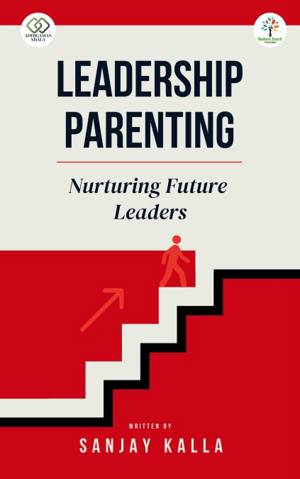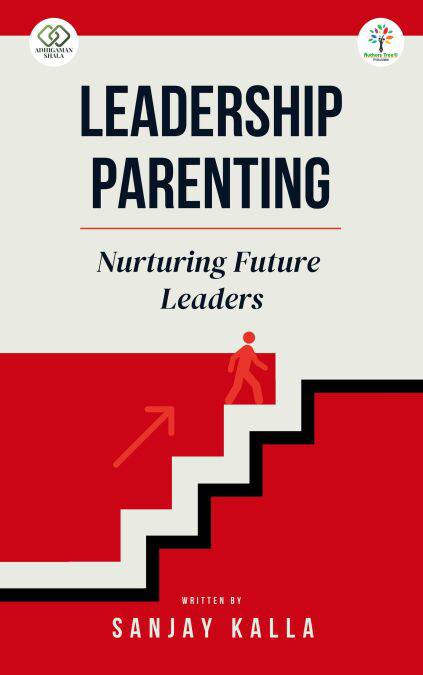
- Retrait gratuit dans votre magasin Club
- 7.000.000 titres dans notre catalogue
- Payer en toute sécurité
- Toujours un magasin près de chez vous
- Retrait gratuit dans votre magasin Club
- 7.000.000 titres dans notre catalogue
- Payer en toute sécurité
- Toujours un magasin près de chez vous
Description
ABOUT THE BOOK
Parents play a multifaceted role in shaping their children's lives, specifically focusing on the tension between fostering independence and recognizing individual potential. While parents are undoubtedly crucial figures in a child's development, acting as primary educators and guides, their influence can sometimes inadvertently neglect the child's unique needs and aspirations.
This potential conflict arises within the social context. Parents, often drawing upon societal expectations and their own experiences, navigate a path towards independence for their children. While providing a foundation, this established structure may only partially account for the diverse spectrum of individual strengths and weaknesses, exemplified by frameworks like Howard Gardner's theory of multiple intelligences.
Furthermore, the current parenting model prioritizes independence over fostering a long-term, supportive relationship with the child. This oversimplification overlooks the complexity of healthy parent-child relationships, which can encompass individual autonomy and a strong sense of connection.
It is important to acknowledge that the limitations of traditional parenting approaches are not solely the result of individual shortcomings. Unlike most professions, parenting lacks formal instruction, relying largely on on-the-job learning and adapting to diverse situations. This reality necessitates further exploration of alternative approaches and support systems that can empower parents to navigate this complex and crucial role while recognizing each child's unique potential.
It is critical to understand and emphasise the undeniable importance of parents in their children's lives while urging a critical examination of current practices. By recognizing the potential tension between established structures and individual needs, we can foster a dialogue that leads to a more nuanced and effective approach to raising future generations.
While parents undoubtedly guide us from dependence to independence, equipping us for life's journey, this traditional approach often overlooks the unique spark within each child. This book challenges that notion.
"Leadership Parenting" champions a new perspective. Here, we move beyond simply providing for our children's needs. We explore how to nurture their strengths, aspirations, and intellectual, emotional, and social potential.
Forget the "one-size-fits-all" model. This is a call to action to embrace the constant learning inherent in parenting. You'll discover tools and strategies to navigate the complexities of modern parenthood, fostering independence and a supportive, long-term relationship with your child.
ABOUT THE AUTHOR
Sanjay Kalla is the founder of Adhigaman SHALA (School of Human Abilities and Leadership Awareness), a training school that aims to help individuals and organizations develop their human capabilities and leadership mindfulness. Sanjay is passionate about empowering people to discover their potential and achieve their goals. Sanjay knows that human abilities are the core competencies that enable us to thrive in the new work age.
These include empathy, communication, learning agility, and self-awareness.
Sanjay is aware that leadership awareness is the ability to understand and influence one's and others' emotions, motivations, and behaviours. He helps his clients develop these skills through fun and engaging learning methods such as workshops, assessments, coaching, and mentoring.
Sanjay is an Award-Winning HR Professional and has been a banker by profession with over 31 years of rich experience working in different roles and positions, with around 10 years in Learning and development and Strategic HR.
Spécifications
Parties prenantes
- Auteur(s) :
- Editeur:
Contenu
- Langue:
- Anglais
- Collection :
Caractéristiques
- EAN:
- 9789348104625
- Date de parution :
- 29-09-24
- Format:
- Ebook
- Protection digitale:
- /
- Format numérique:
- ePub







